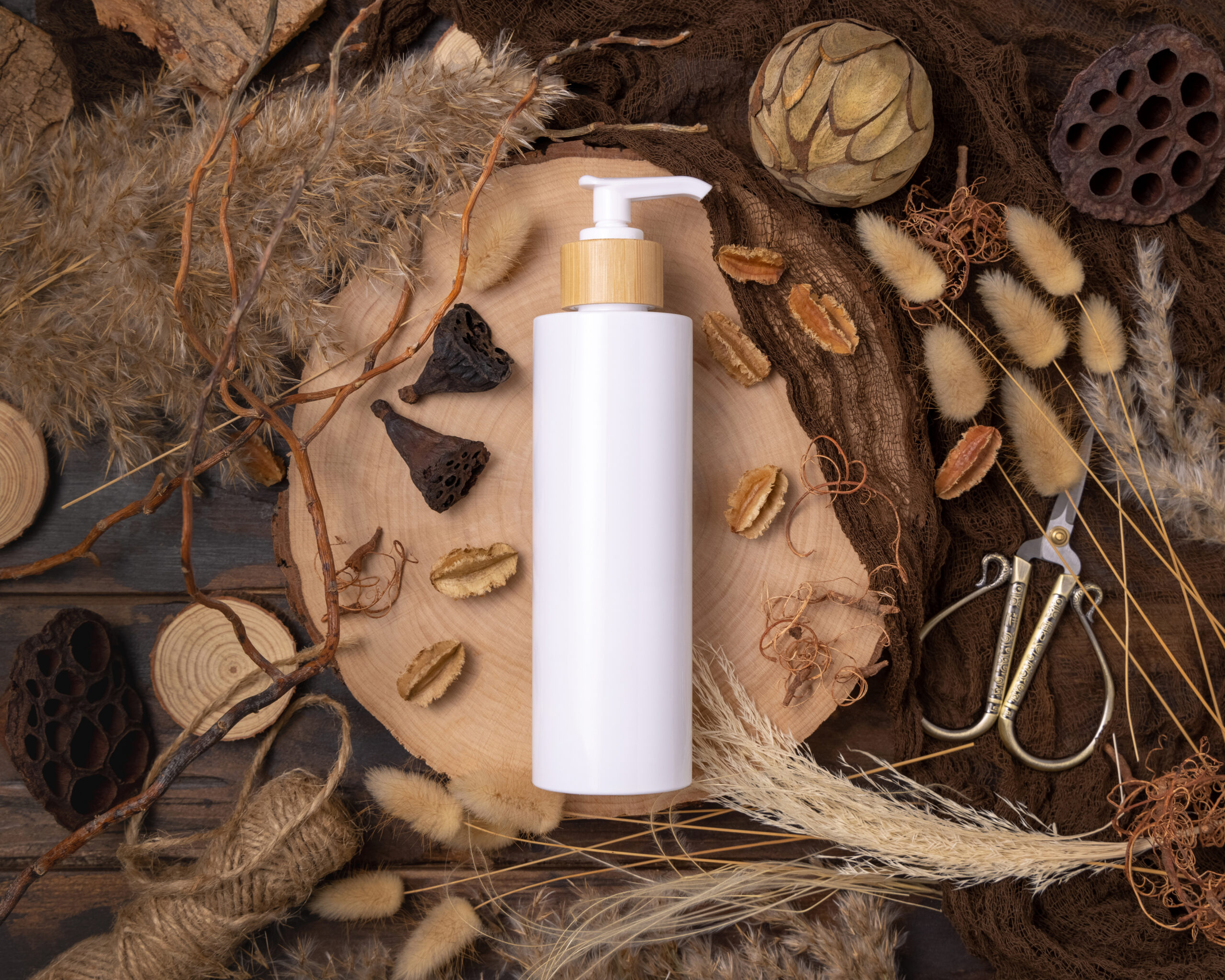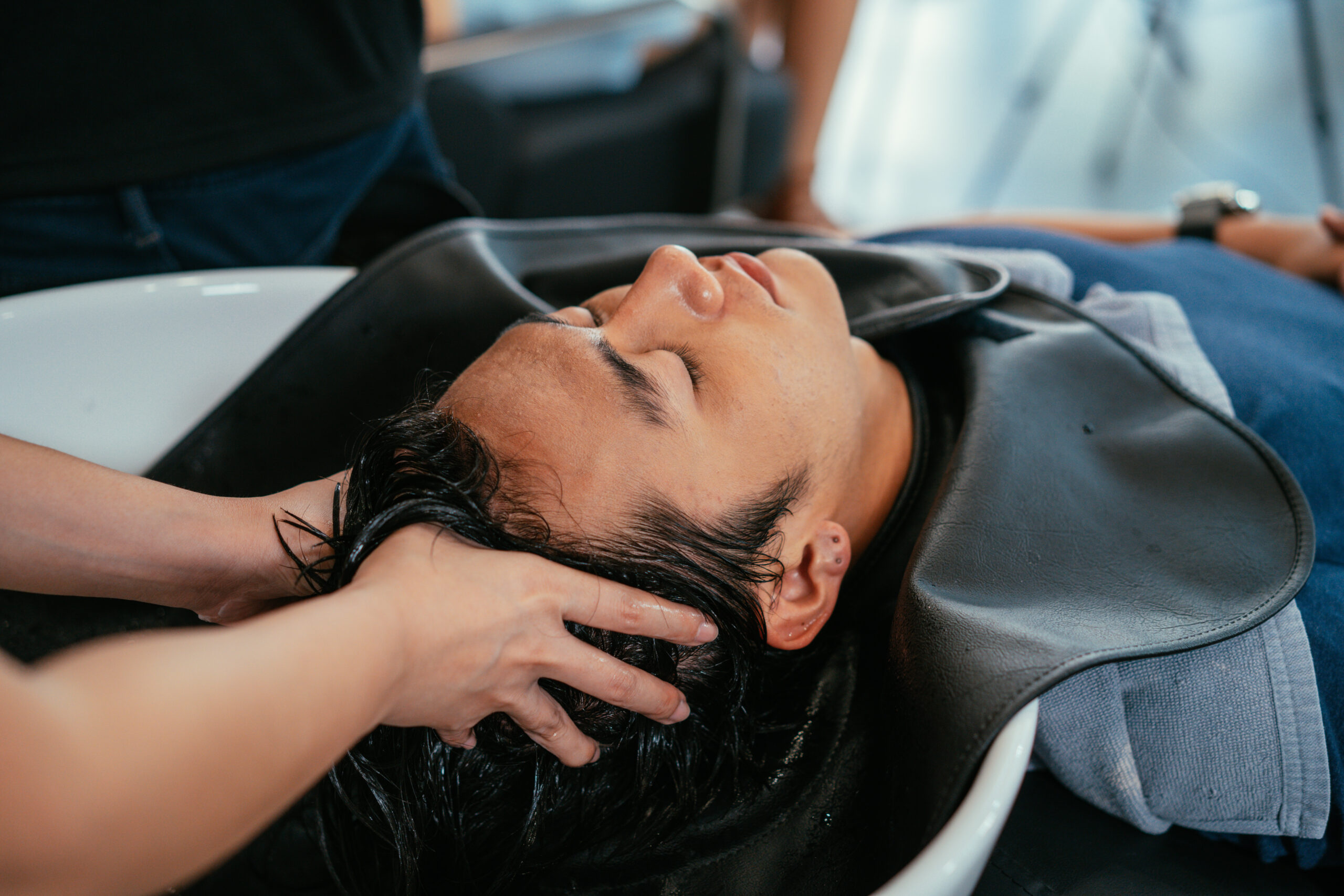
CNA – In the realm of hair care, unanimity reigns among experts – the cornerstone of a vibrant, resilient scalp and hair lies in selecting the perfect shampoo. From dermatologists to trichologists and hairstylists, consensus underscores the pivotal role of shampoo in nurturing a healthy and robust hair ecosystem.
“The main function of a shampoo is to cleanse the scalp and hair of any dead skin, excess sebum and dirt,” explained Dr Joshua Chong, medical director of Terra Medical Clinic.
But have you ever wondered if using a “better” shampoo, whether dermatologist-approved or professional salon brand, would be able to help care for your scalp and hair even more?
According to Dr Chong, even if you aren’t suffering from specific scalp and hair woes that might need prescription hair care, it would still be wise to use better shampoos as they can “reduce the amount of scalp inflammation” to prevent any possible hair woes in the future.
So what makes a “better” shampoo?
INGREDIENTS MATTER
To start, here’s what you don’t want in your shampoo. These four ingredients have a bad reputation.
- Sodium Lauryl Sulphate. Also known as SLS or generalised as sulfates, this is often added to shampoos to increase the amount of lather when washing to give the scalp and hair that squeaky clean feeling. But excessive and prolonged use is linked to increased scalp irritation, shared Dr Chong. Instead, he advised to look for a shampoo with an amino acid surfactant, which is gentler on the scalp and hair.
- Parabens. Used as preservatives in the formulation, it has been known to trigger scalp sensitivity in those who might be prone, shared Dr Chong. Common parabens to stay clear of include methylparaben, ethylparaben, propylparaben, isopropylparaben, butylparaben and isobutylparaben.
- Diethyl Alcohol/Ethanol/Alcohol. According to Dr Chong, this ingredient is added as an emulsifier to mix the water soluble and fat-soluble ingredients in the shampoo. However, the downside is that when used excessively, it can cause scalp dehydration, which in turn, can result in increased irritation, itching and flaking.
- Dimethicone. A man-made silicone molecule that leaves locks shinier, smoother and tangle-free. However, it can weigh down curly locks and fine hair. Instead, Dr Chong advised choosing a formulation with dimethiconol, a silicone-based liquid polymer that has a lighter texture.
HOW YOUR SHAMPOO IS FORMULATED IS IMPORTANT
Before you go rushing out to change up your entire hair care stash to get rid of all the ingredient nasties, Morgan Lam, associate director of Chez Vous: Private Space, advised looking at the ingredients as well as formulation, which includes the concentration and proportion of ingredients used because both are important aspects that can make a shampoo “better”.
Added Lam: “It is dangerous to judge a shampoo based on the ingredients. A shampoo formulated without many ingredients might be perfect for someone who is hypersensitive. But ingredients alone are not a good indicator when it comes to judging a shampoo performance.
“Just because an ingredient is harmful when used in large quantities does not mean it is bad when used in small quantities. In fact, they are usually beneficial when used in small quantities. For instance, sulfate surfactants help break up oil and allow it to mingle with water so you can rinse it away and end up with clean hair and scalp.”
TO SPLURGE OR NOT TO SPLURGE?
That said, “better” shampoos, especially professional salon brands or doctor-prescribed ones, also often come with a heftier price tag. But are they worth it?
“Salon-professional shampoos often contain higher quality active ingredients and are formulated to address specific hair or scalp concerns more effectively. While they may come with a higher price tag, they can deliver better results in terms of nourishment, manageability, and overall hair health. Investing in salon-quality products can be worth it if you’re seeking noticeable improvements in your hair’s condition,” said Lam.
However, this doesn’t automatically rule out less expensive hair care. “Formulation and suitability are paramount,” emphasised Lam.
Ultimately, the ideal shampoo still depends on the individual, said Dr Chong.

3 THINGS TO LOOK OUT FOR IN A “BETTER” SHAMPOO
Be slightly acidic in nature
According to Dr Chong, pH5.5 is the ideal level for a shampoo, though a range between 4.5 and 6 is also fine. Being slightly acidic, it helps keep the scalp healthy, which in turn ensures healthy hair growth.
Uses gentler ingredients
When in doubt, Dr Chong advised opting for gentler actives in your shampoo, such as amino acid surfactant as these are milder on the skin, making them gentle on your scalp and hair. Other ingredients to look out for include niacinamide or panthenol (vitamin B5) that not only hydrate and protect the scalp, but can also help smooth and nourish the hair.
Leaves the scalp feeling calm
If your scalp feels itchy, excessively tight or has a sudden increase in flakiness or even pimples after shampooing, stop and switch it out for one that doesn’t cause such problems. Do remember that your chosen shampoo will differ from person to person as everyone is allergic to different formulas and ingredients (be they natural or non-natural based), said Lam.
And to maximise your shampoo session, always:
Rinse with lukewarm water. “Hot water can strip the scalp of its natural oils, leading to dryness and irritation,” said Lam. “If there is condensation on your mirror, it’s too hot,” added Dr Chong.
Massage the shampoo with fingers closed together, instead of open and spread apart. This will ensure that your scalp is well-covered with the shampoo, shared Dr Chong. Gently massaging the scalp can also help improve circulation and remove sebum and product build-up, said Lam.
Leave the shampoo lather on your scalp and hair for two to five minutes after massaging. This will allow the ingredients to do its work, acting on the scalp and hair, said Dr Chong.








